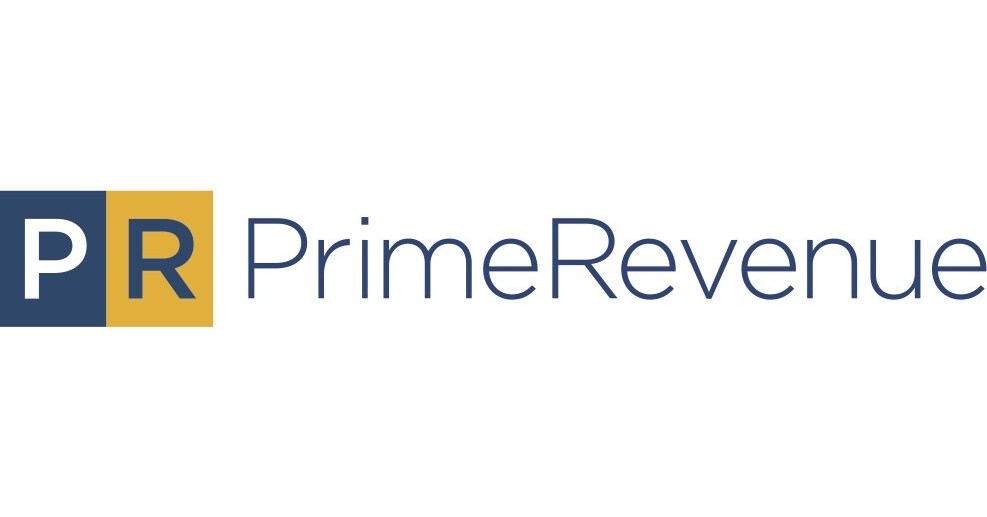Only one in four young adults say they received any financial education at school, according to new research, highlighting the scale of the UK’s challenge to ensure children are taught how money works.
The survey of 18 to 21-year-olds found that only 26 per cent of participants said they had received any financial education at school last year.
Santander UK, which conducted the survey, said the findings, if applied to the whole young population, would mean 4mn people finished their education without a “fundamental understanding of money management”.
William Vereker, Santander UK chair, said the research raised “significant” concerns that “the current school curriculum does not always equip young people with the knowledge they need to plan and manage their financial futures”.
“This gap is leading young adults to potentially unreliable online resources for advice,” he added.
The research, based on the responses of 2,000 people, took place just over a decade after financial education was added to the curriculum of local authority-run secondary schools in England. It was introduced in Wales in 2022.
Since the policy was introduced, the subject has largely been incorporated into non-core subjects, such as citizenship. It is optional for academies and free schools that are independent of local authorities and have greater flexibility than other schools.
Campaigners have warned that a lack of confidence in basic numeracy is making it harder for young people to manage money, find a job and can lead to mental health problems.
Charities, including the Financial Times’ Financial Literacy and Inclusion Campaign, have pressed the government to introduce policies that support better financial education.
The study found that young people were increasingly searching out alternative sources of information, with 31 per cent of those surveyed having turned to social media influencers for advice and 25 per cent using TikTok.
The report, shared with the FT, also revealed that 79 per cent of those surveyed had never created a budget; 76 per cent had never paid a bill; and 77 per cent had not set aside funds for unexpected expenses.
Earlier last year, MPs on the House of Commons education select committee called on ministers to review the contents of the current maths curriculum to expand “the provision and relevance” of financial education.
The cross-party group called on the government to make the “personal and societal elements” of financial education compulsory at primary and secondary school level.
The department for education said “high and rising standards” were at the heart of the government’s mission to break down the barriers to opportunity and give every child the best life chances.
It added that “financial education already forms a compulsory part of the national curriculum for maths at key stages 1-4 and citizenship at key stages 3 and 4”.
This covered “personal budgeting, calculating interest, financial products and services, and how public money is raised and spent”, the department said.
The curriculum and assessment review, being led by Becky Francis, a professor and expert in education policy at University College London, was considering how to guarantee that the curriculum “ensures young people leave education ready for life and work”.





























